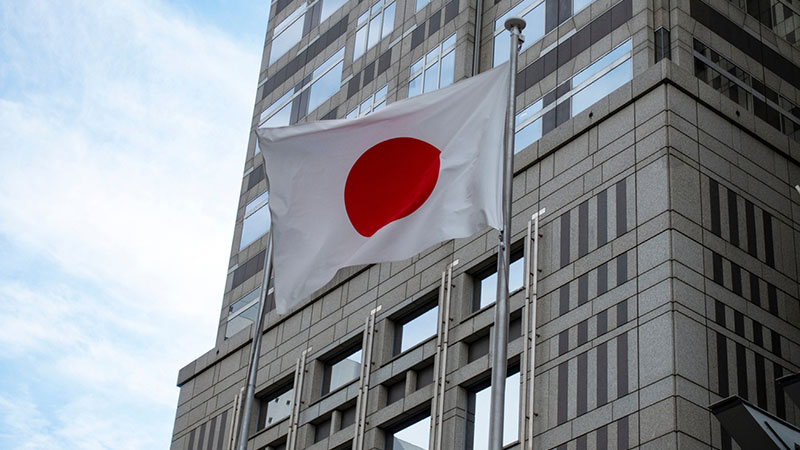Japan’s ruling coalition, led by Prime Minister Ishiba, has suffered a major loss in the upper house election, which failed to secure major seats in the 248-seat chamber.
The loss is another blow to Ishiba’s coalition, making it a minority in both houses following its October defeat in the lower house election, and worsening Japan’s political instability.
It was the first time the Liberal Democratic Party (LDP)-led coalition has lost a majority in both houses of parliament since the party’s formation in 1955. This loss follows an earlier defeat in the lower house in October. ⁽¹⁾
As Japan struggles with rising prices, a weak yen, and US tariffs, the election results could signal growing instability in Japanese politics and economic uncertainty.
Election Setback
Ishiba’s Liberal Democratic Party and its junior coalition partner Komeito won 47 seats. They needed 50 on top of the 75 seats they already have to retain their majority.
It was three seats short of a majority and a retreat of 19 seats from before the vote. Ishiba acknowledged the coalition’s poor performance, which adds more public frustration with his government’s slow response to rising prices. ⁽²⁾
This defeat follows the coalition’s loss of a lower house majority in October, which adds more issues for Ishiba. The LDP-led coalition has become a minority in both parliamentary chambers for the first time since 1955, forcing Ishiba to seek support from opposition parties to pass legislation.
Economic Instability Disappoints Voters
Soaring prices, stagnant wages and high social security payments are the main reasons for frustrated, cash-strapped voters. The surge in rice prices has also fueled anger. ⁽³⁾
Ishiba’s government has struggled to deliver effective measures to address these economic challenges. Past corruption scandals within the LDP have also eroded public trust, contributing to the coalition’s electoral losses. The minority government has had to make concessions to opposition parties, slowing its ability to respond to economic woes. ⁽⁴⁾
Yen Rebounded on Election Outcome
The election result, while not entirely a shock to markets, also comes at a tricky time for a country trying to get a tariff deal with US President Trump before the August 1st deadline.
The yen stabilized after Japan’s ruling coalition suffered a historic defeat in the weekend’s upper house election, setting the stage for political uncertainty.
Japan’s currency rose as much as 0.7% against the dollar, before returning back some of the gains.
Japan’s political uncertainty has raised concerns about Japan’s fiscal outlook. Since the coalition now relies on the opposition to govern, passing economic reforms or reaching trade deals might become more difficult for Japan.
Ongoing Trade Tensions with the US
President Trump has added to the pressure, stating a lack of progress in trade negotiations and the lack of sales of US autos and American-grown rice to Japan. A 25% tariff due to take effect August 1st has been another blow for Ishiba.
Ishiba resisted any compromise before the election, but the prospect of a breakthrough after the election is just as unclear since the minority government would have difficulty forming a consensus with the opposition. ⁽⁵⁾
Outlook on Ishiba’s Leadership
While the upper house election couldn’t determine whether Prime Minister Ishiba’s administration could collapse, it might fuel more political pressure on the prime minister. ⁽⁶⁾
Governing without a majority in both upper and lower houses could require delicate negotiations with opposition parties, stalling key legislation. As Japan faces economic challenges and trade uncertainties, Ishiba’s ability to navigate this new political landscape will be critical to stabilizing his government and addressing voter concerns. ⁽⁷⁾



